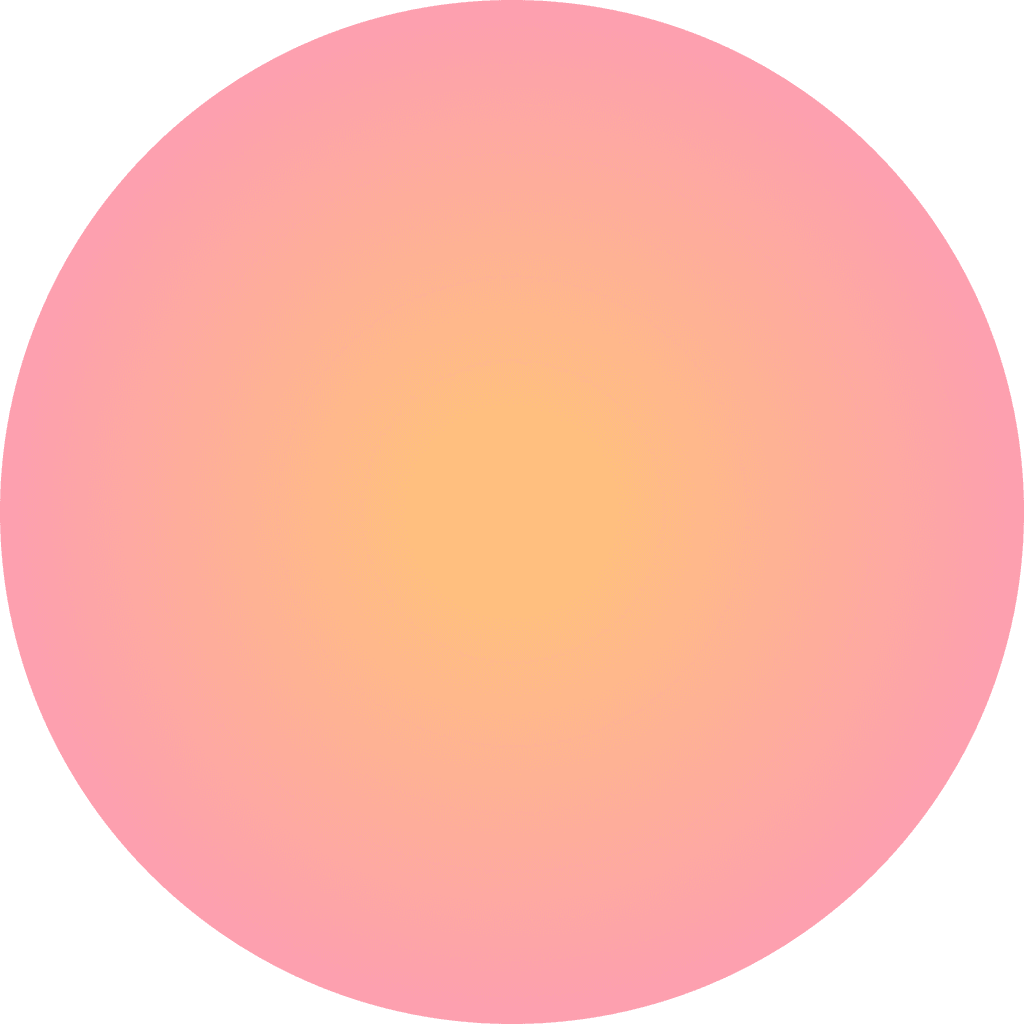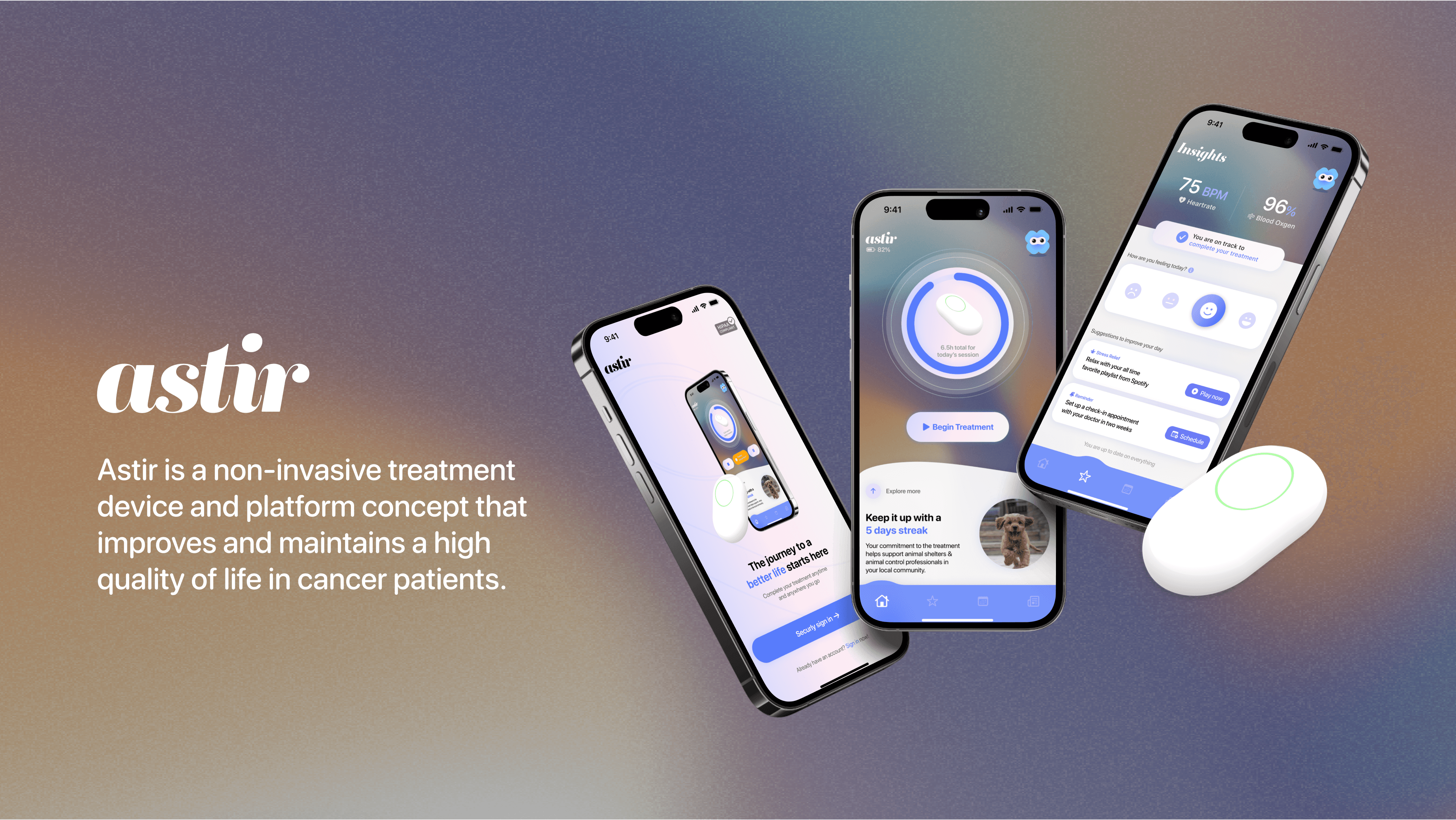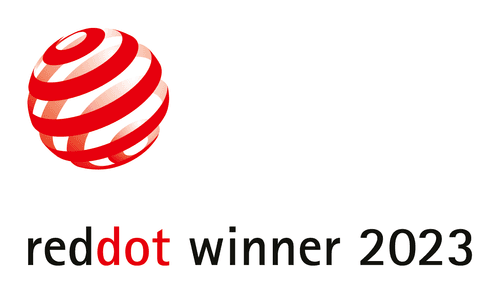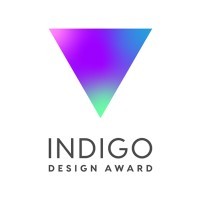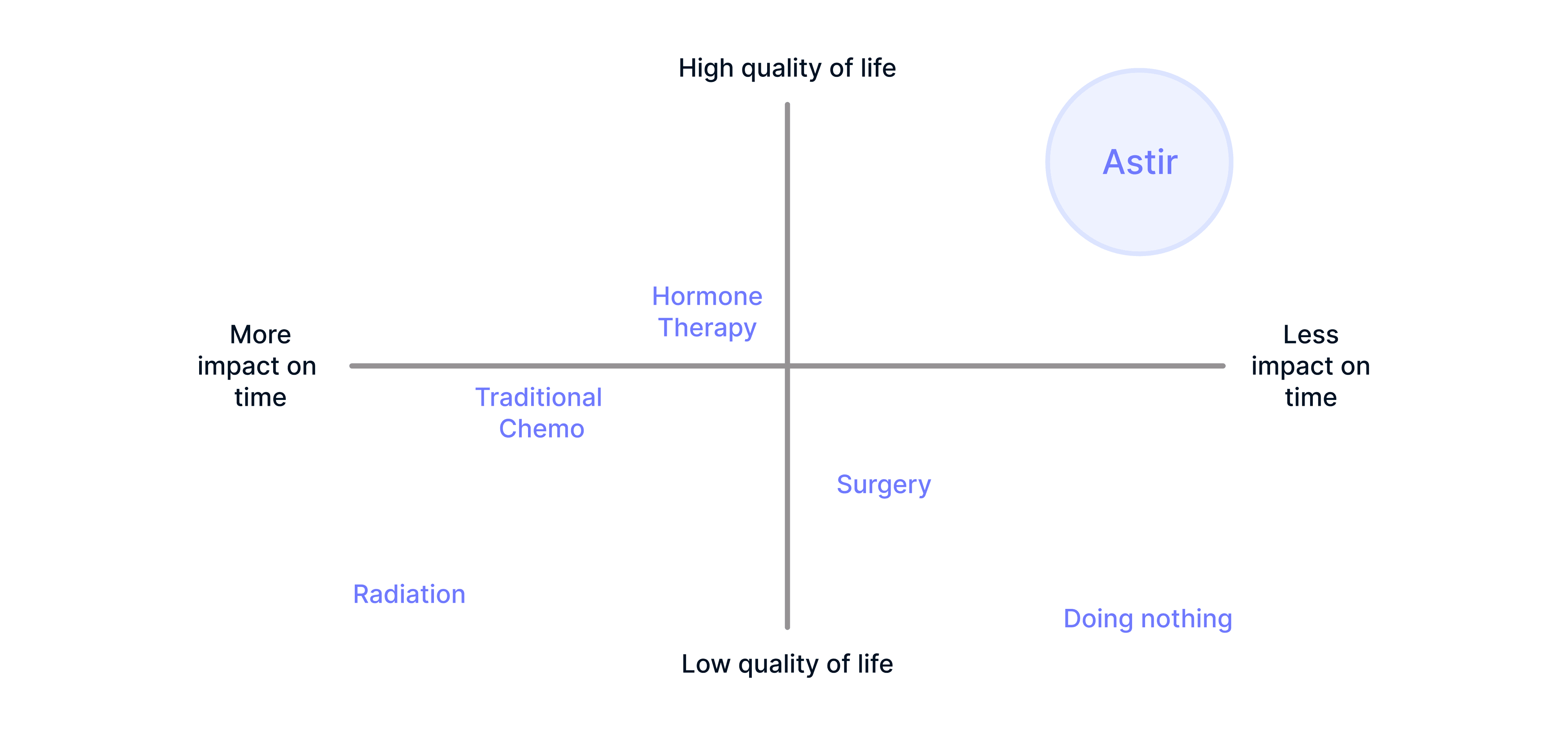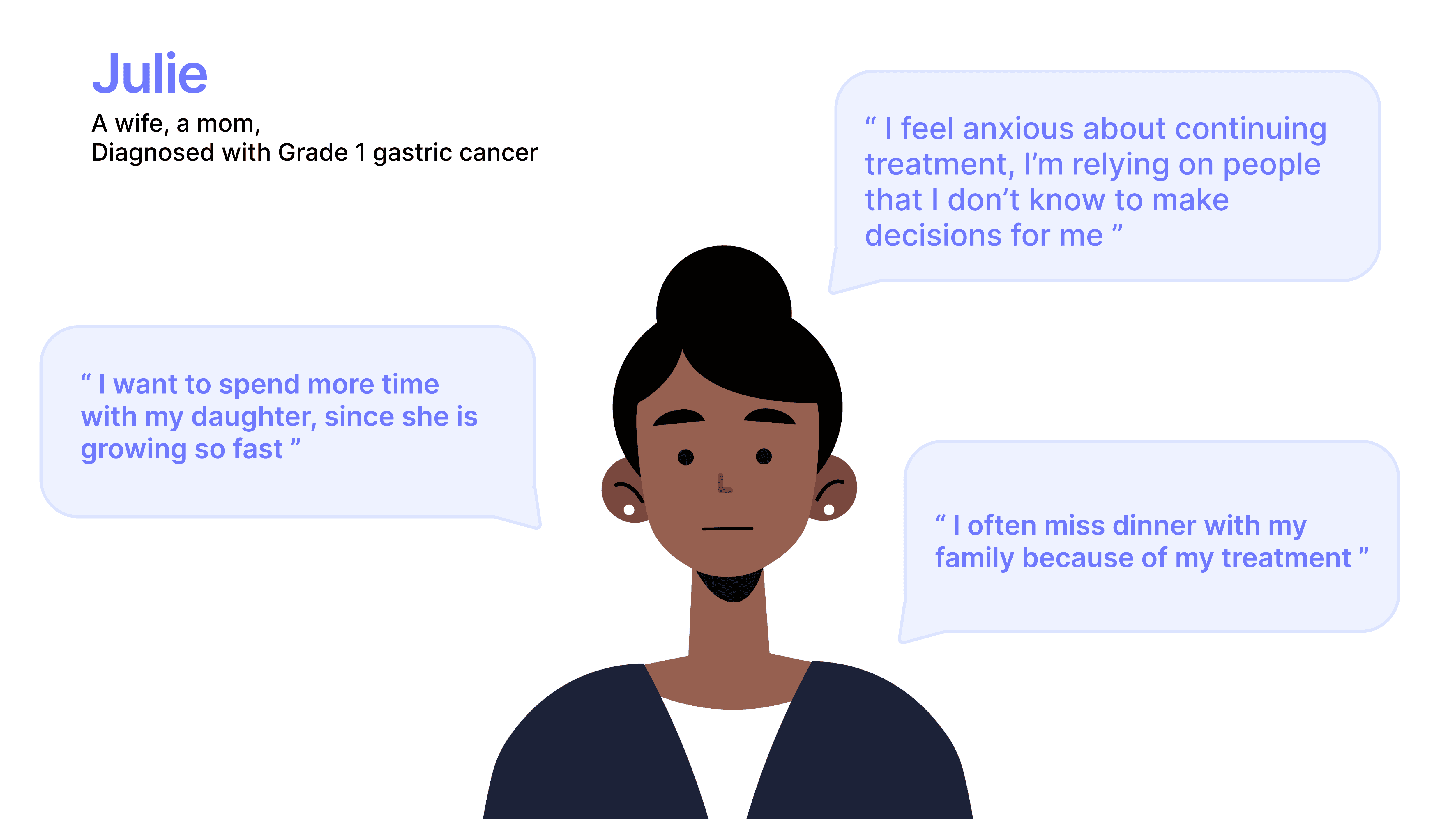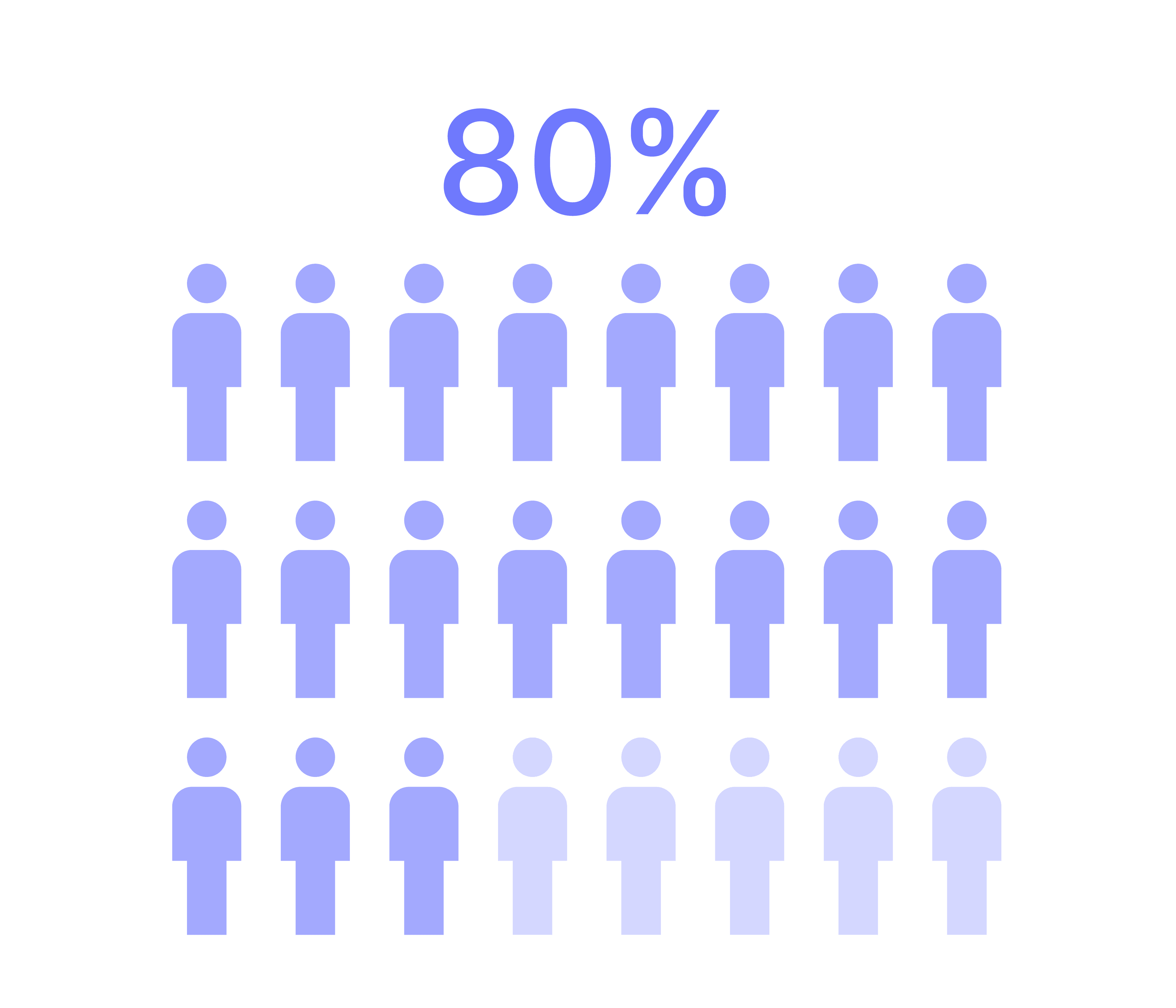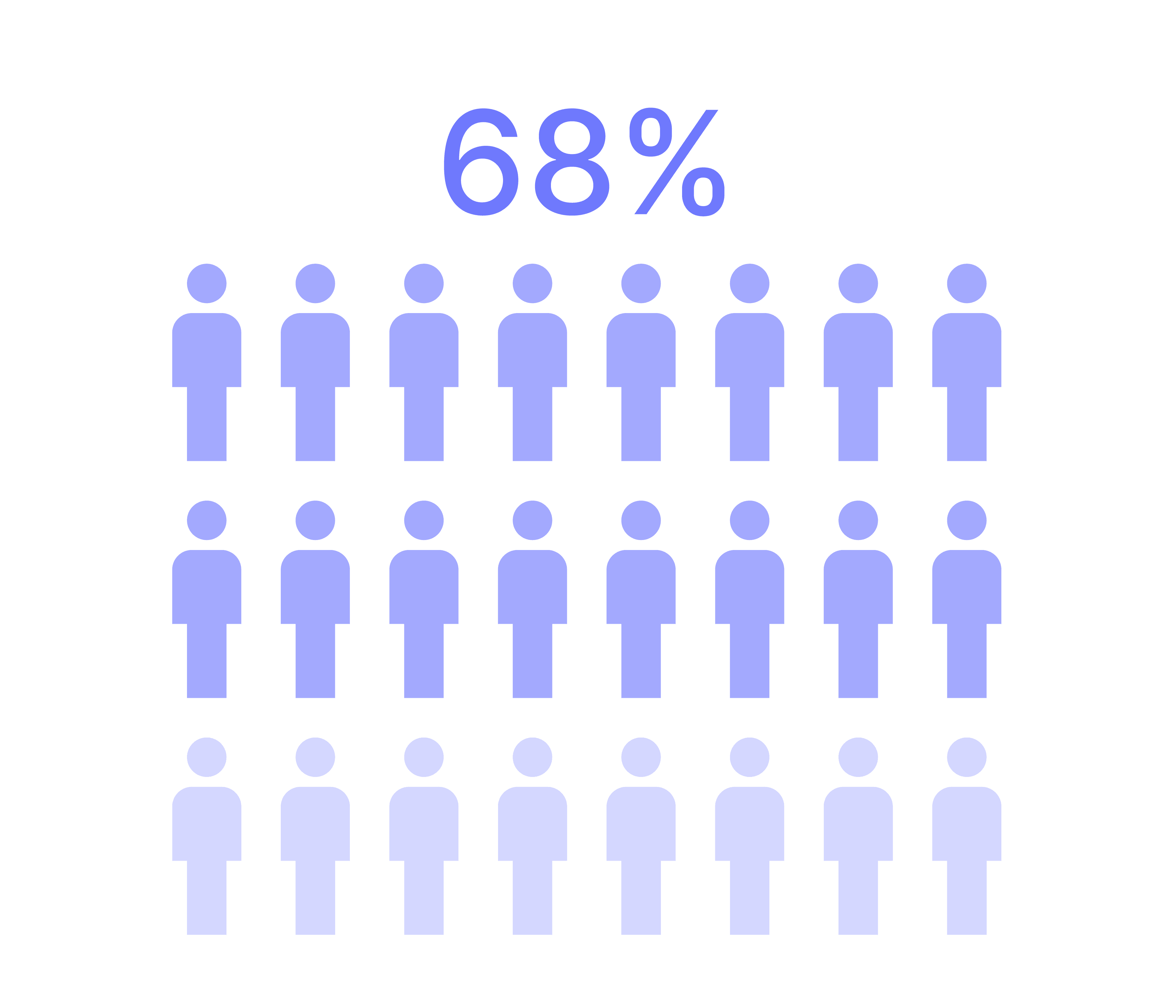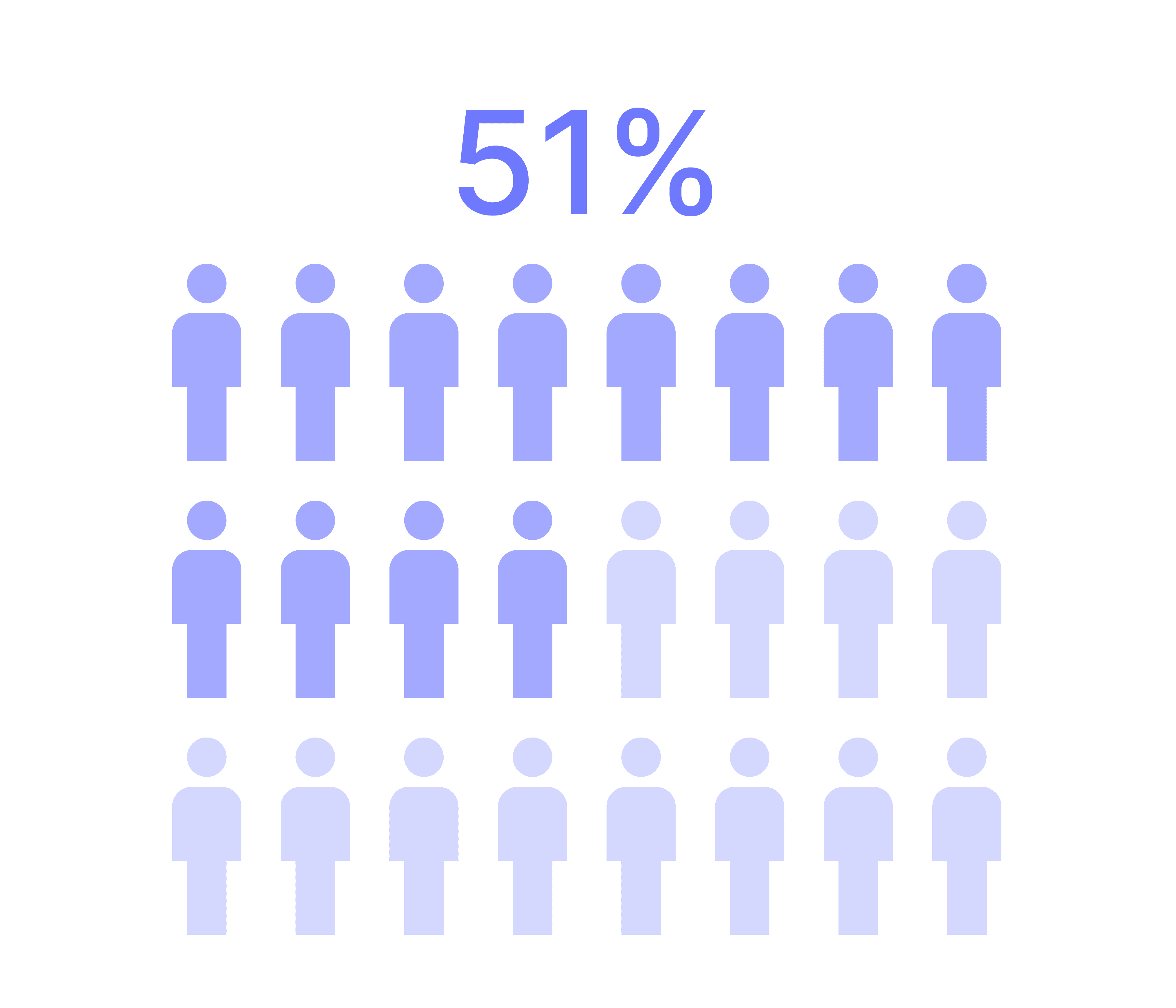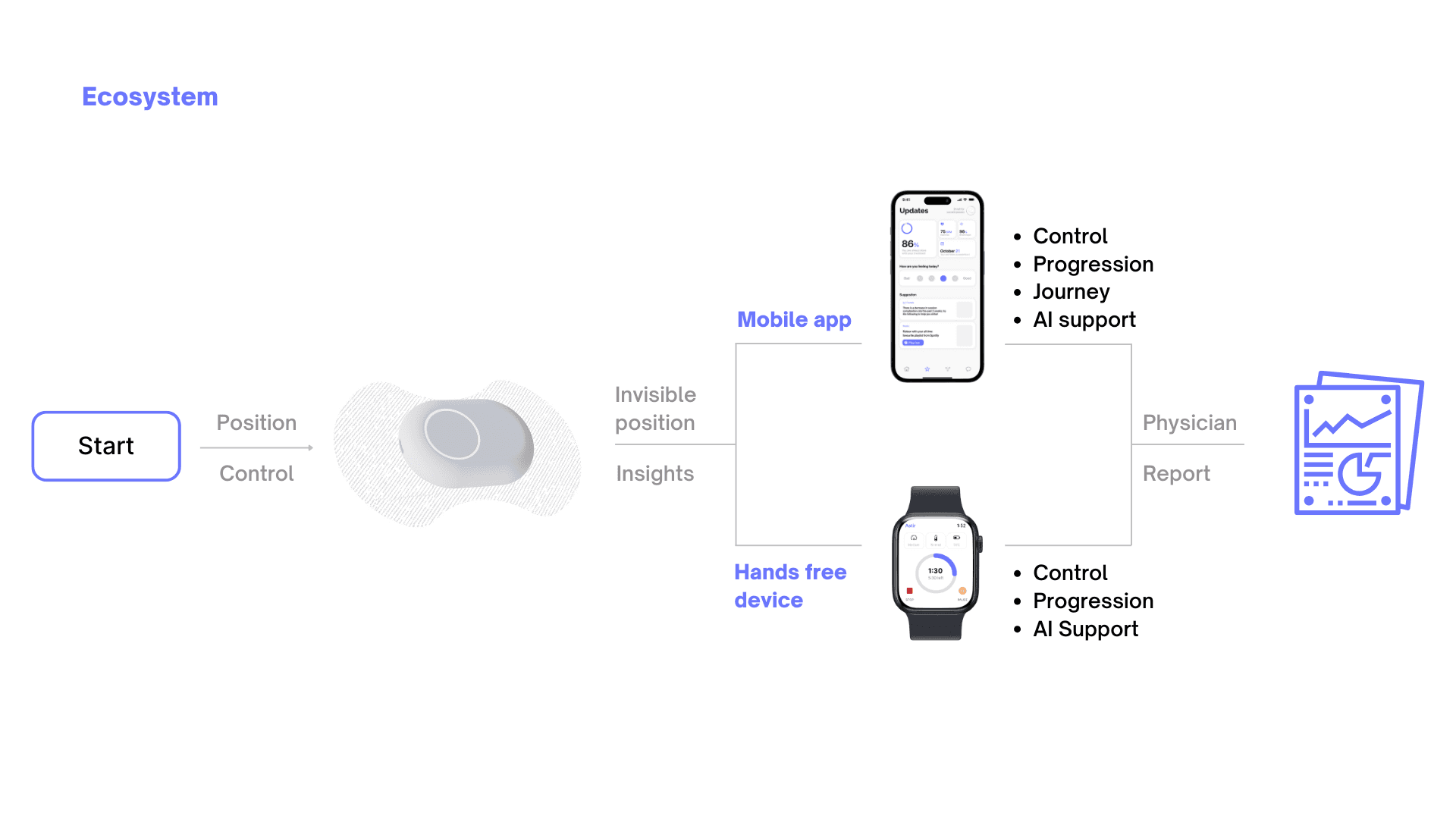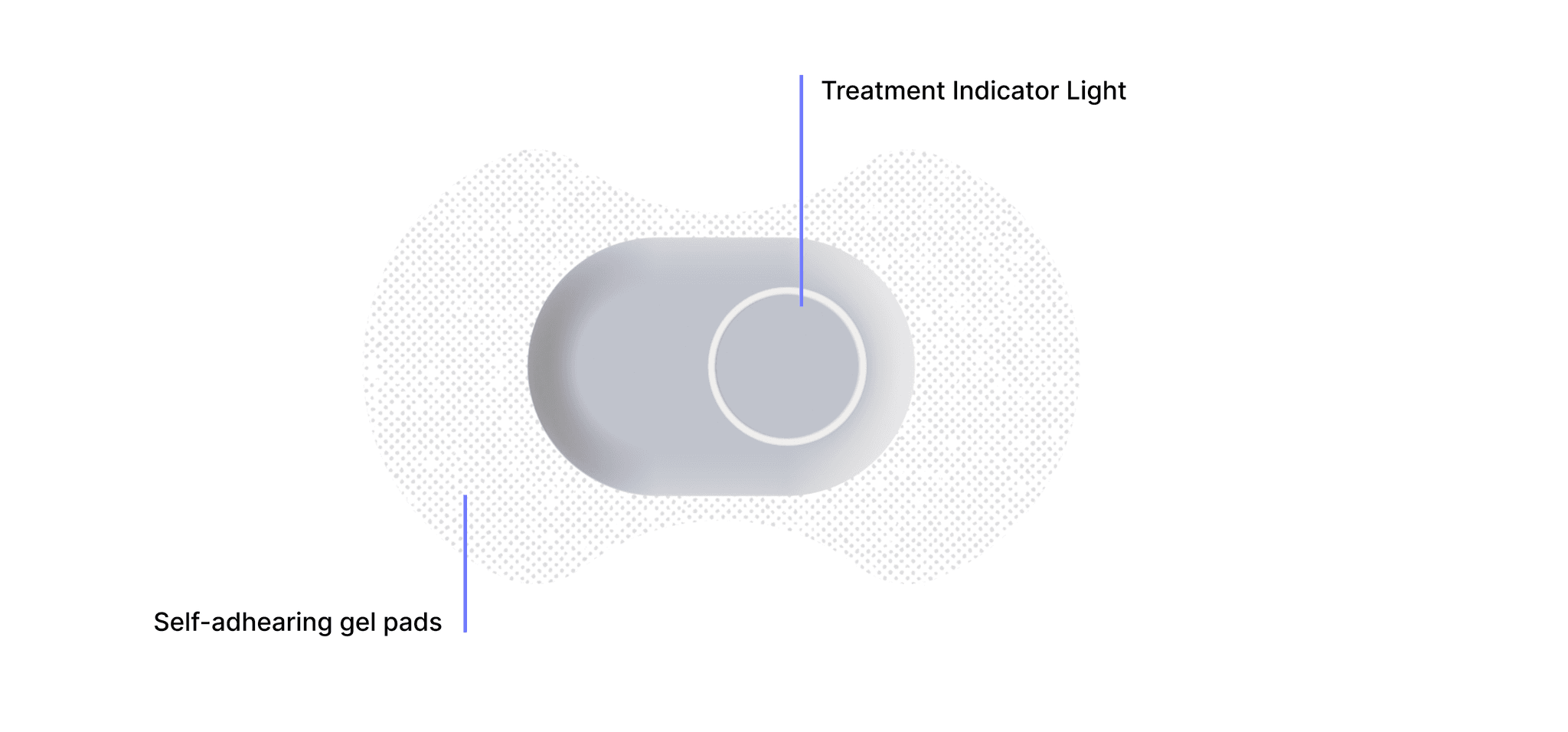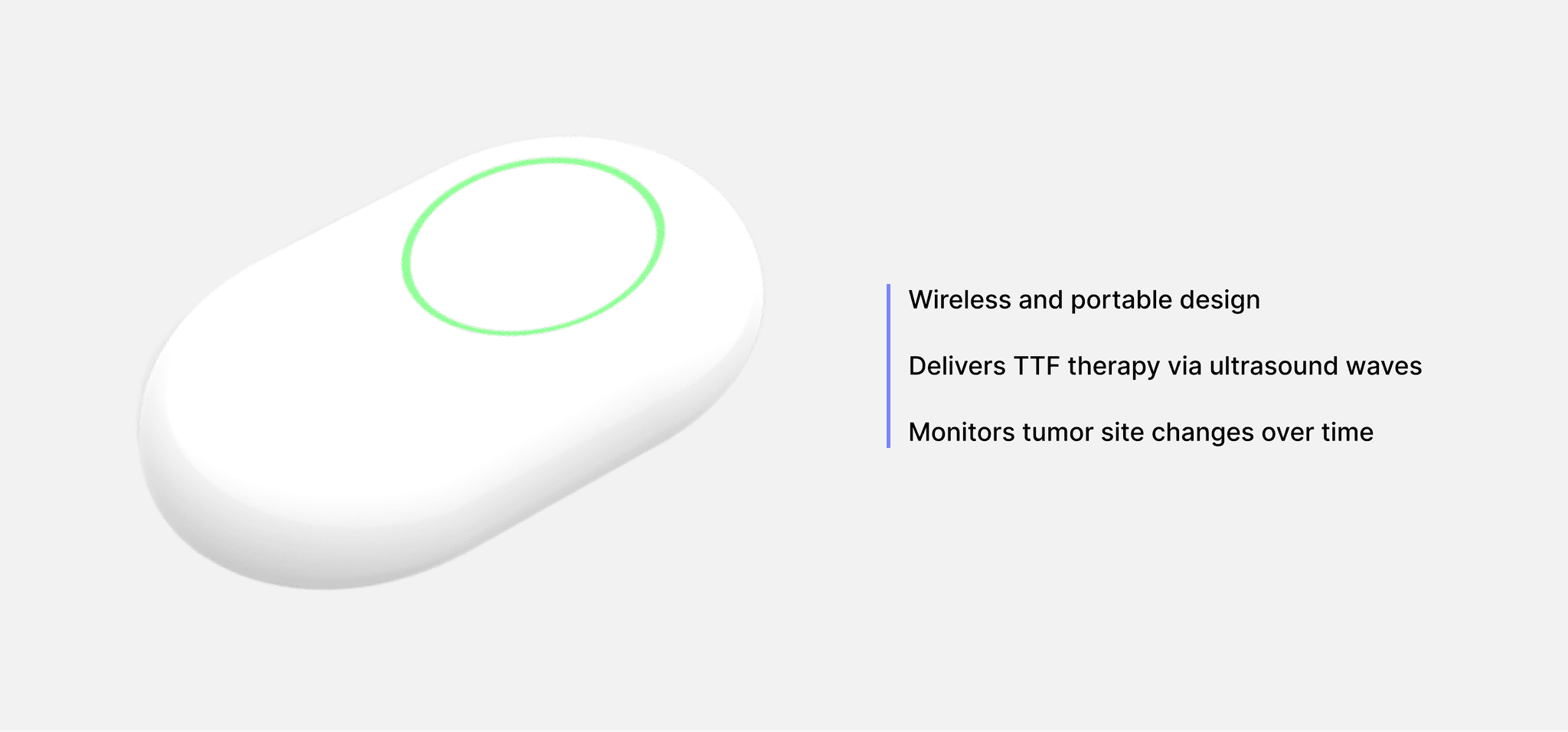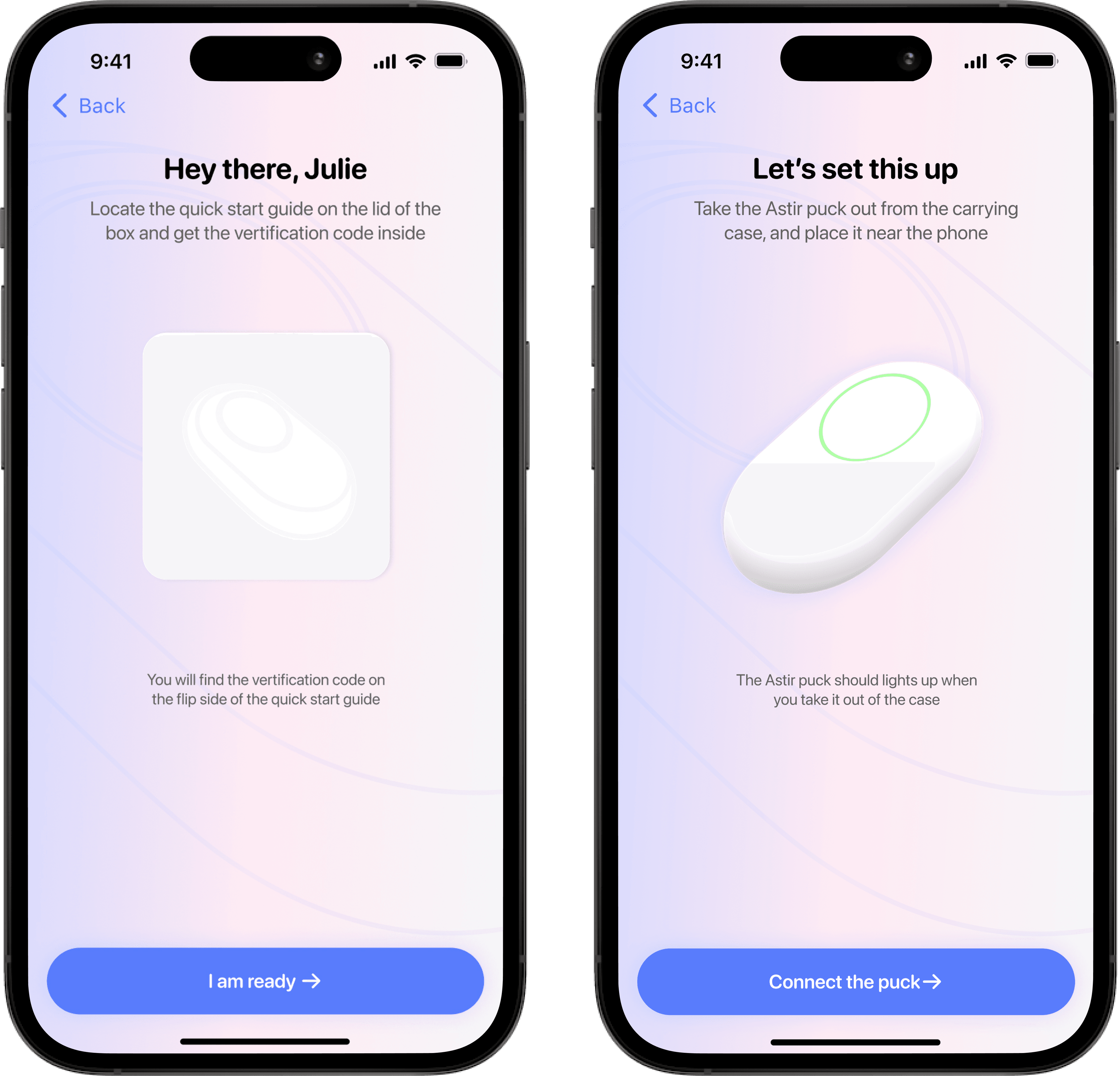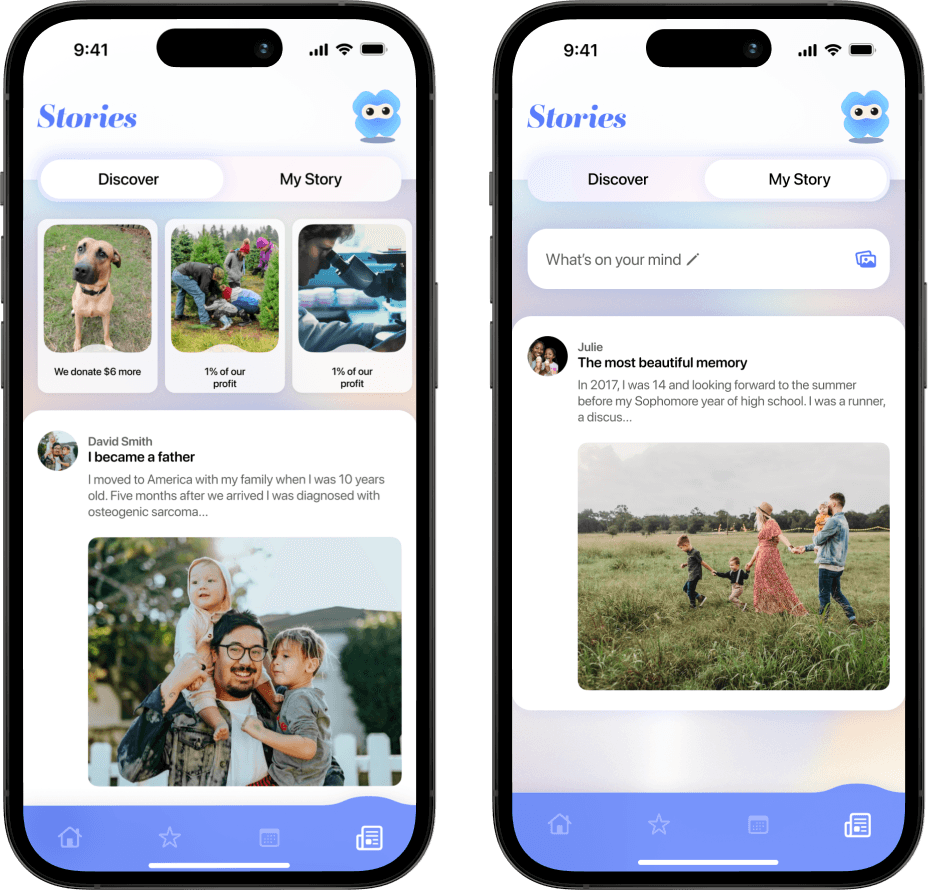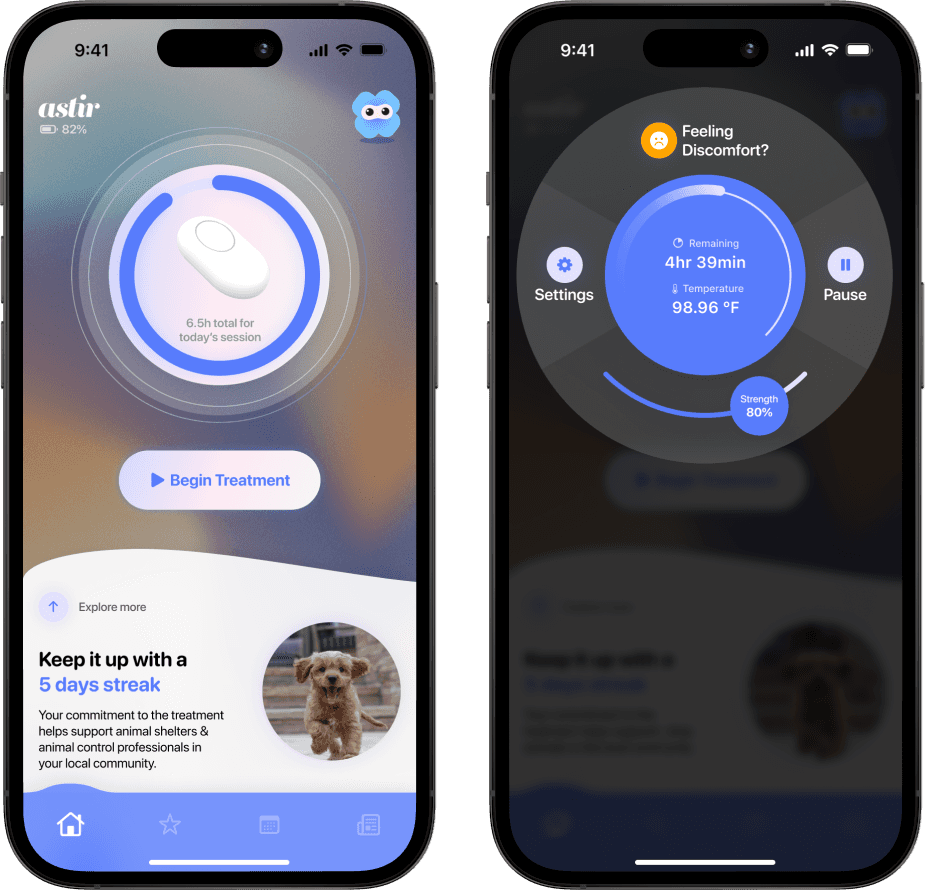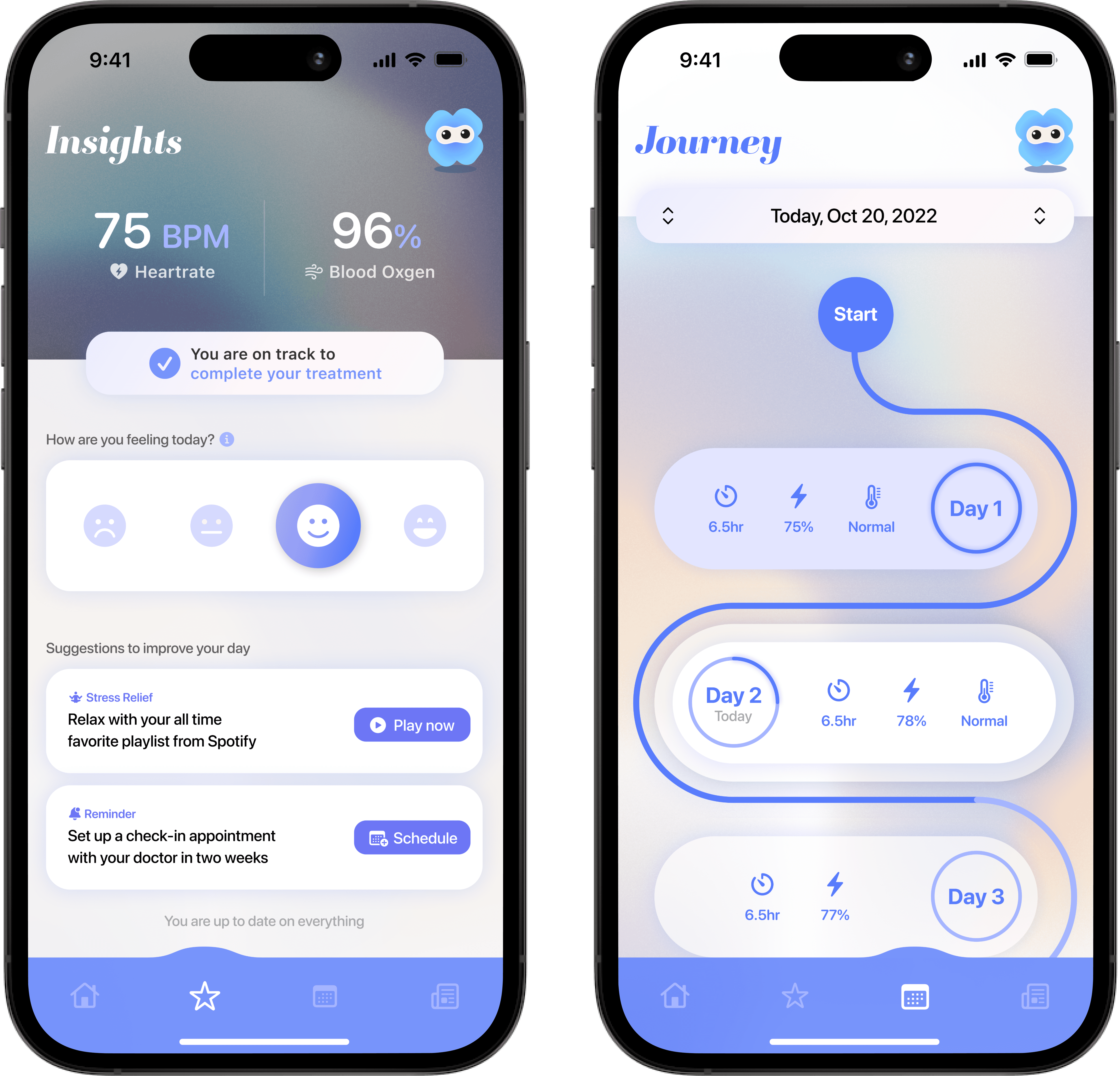10 weeks
Sep '22 to Nov '22
Collaboration
with 5 designers
Overview
A non-invasive cancer treatment device and platform for cancer patients.
As a visual designer, I crafted the instructional materials for the device, created the character "Astri"
for the app to guide users, designed instruction cards to guide users how to use Astir device and developed UI prototype, ensuring a patient-friendly experience and tangible solutions. I also worked as a prototype lead, developed a physical prototype.
Outcome
Due to the invasive nature and associated distress of traditional cancer treatments, patients often experience a significant loss of autonomy and quality of life, creating a need for a non-invasive, patient-centered treatment alternative that addresses these challenges.
The most disturbing part of traditional cancer treatment isn’t the physical symptoms you will experience, it is the complete lack of certainty and
the loss of autonomy that can make many cancer victims give up.
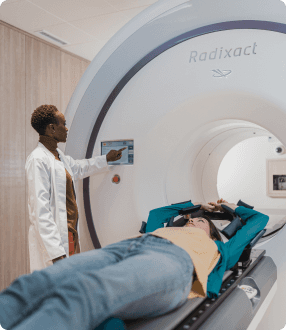
Austin Wilcox
Cancer Survivor, Interviewee
How Might We maintain or even improve the "Quality of life"
during the cancer treatment?
Our solution
Astir is a non-invasive cancer treatment device and platform that improves and maintains the quality of life.
It allows users to replace traditional methods by utilizing ultrasound therapy, in the form of a self-adhering device, to kill cancer cells and monitor treatment progress.
How is our solution better than the current treatment options?
Astir aim to create a non-invasive cancer treatment device and platform that improves and maintains patients' quality of life.
Diving into research
How do we deliver a form of cancer therapy that is non-invasive?
We decided to redesign the Tumor Treating Field by reducing the physical demands of current TTF options with wireless and wearable technology while improving and maintaining the user’s quality of life with a companion application that generates user insights, provides operant conditioning, and relates to the user through a targeted storyline.
What is Tumor Treating Fields(TTF)?
Using alternating electrical fields to disrupt tumor cell division. During treatment, patients wear the TTF device for several consecutive hours every day and return for check-ups at one-to-two-month intervals.
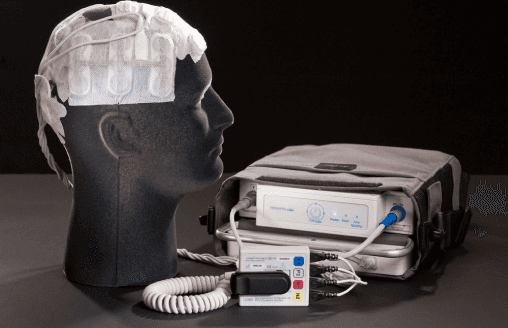
And..why we chose TTF? Here are some positive aspects.
Minimal damage to healthy cells.
FDA-approved for adults.
Offers a new treatment for multiple solid tumor types, including ovarian, pancreatic, non-small
cell lung, and breast cancers.
First, who are we solving problem for?
We wondered how we could maintain or even improve the quality of life for people like Julie during their treatment.
We wondered how we could maintain or even improve the quality of life for people like Julie during their treatment.
Top insights from the survey
Given the time restraint of this project, our team decided to send out a survey via social media and got 26 responses from cancer patients and survivors who have gone through current cancer treatments.
Want more empathy, greater transparency,
more personable.
Feel unheard, need more communication, and are apathetic.
I asked cancer patients and survivors about their motivations for mental and physical health goals, tools for overcoming obstacles, desired changes in healthcare interactions, feelings towards past traumatic medical events, and needs during traumatic medical experiences.
Final design solution
Astir is a non-invasive cancer treatment device and platform that improves and maintains the quality of life.
It allows users to replace traditional methods by utilizing ultrasound therapy, in the form of a self-adhering device, to kill cancer cells and monitor treatment progress.
Cancer treatments often impose a heavy toll on patients due to their invasive nature and the loss of personal control, leading to increased distress and treatment refusal.
Comfort through design…
The Comfort through Design ideology influenced the design of Astir by prioritizing accessibility, human factors, and aesthetic appeal, resulting in a sleek and intuitive design that promotes a sense of calm and comfort for cancer patients.
Companion app
Provides users with control and insights into their treatment journey.The platform also provides patients the chance to support each other through social interaction and encouragement.
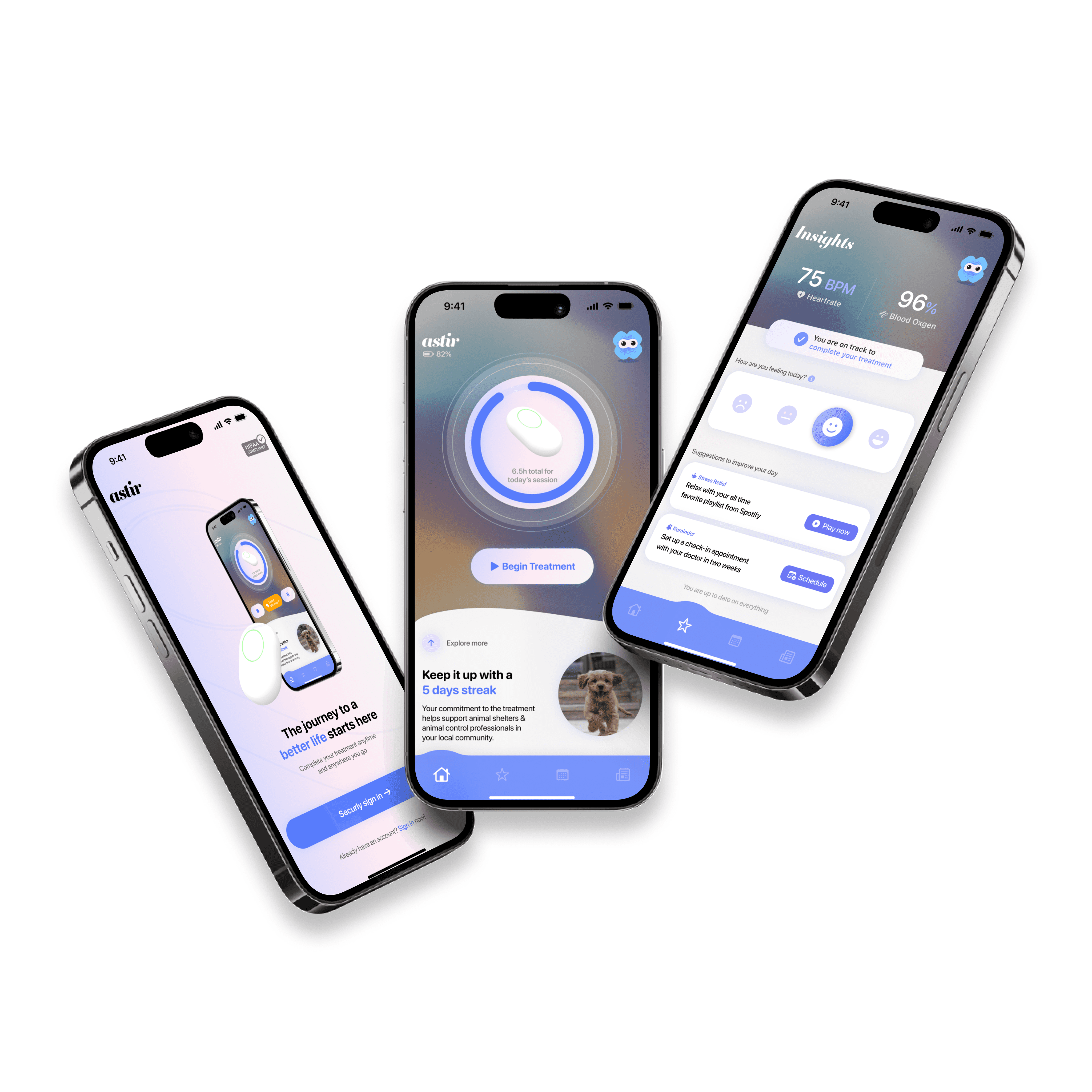
Wearable device
A user-operated, wireless device placed on the skin near the tumor delivers TTF therapy. It monitors changes and is accompanied by a carrying case for storing, charging, and protecting the device and treatment supplies.
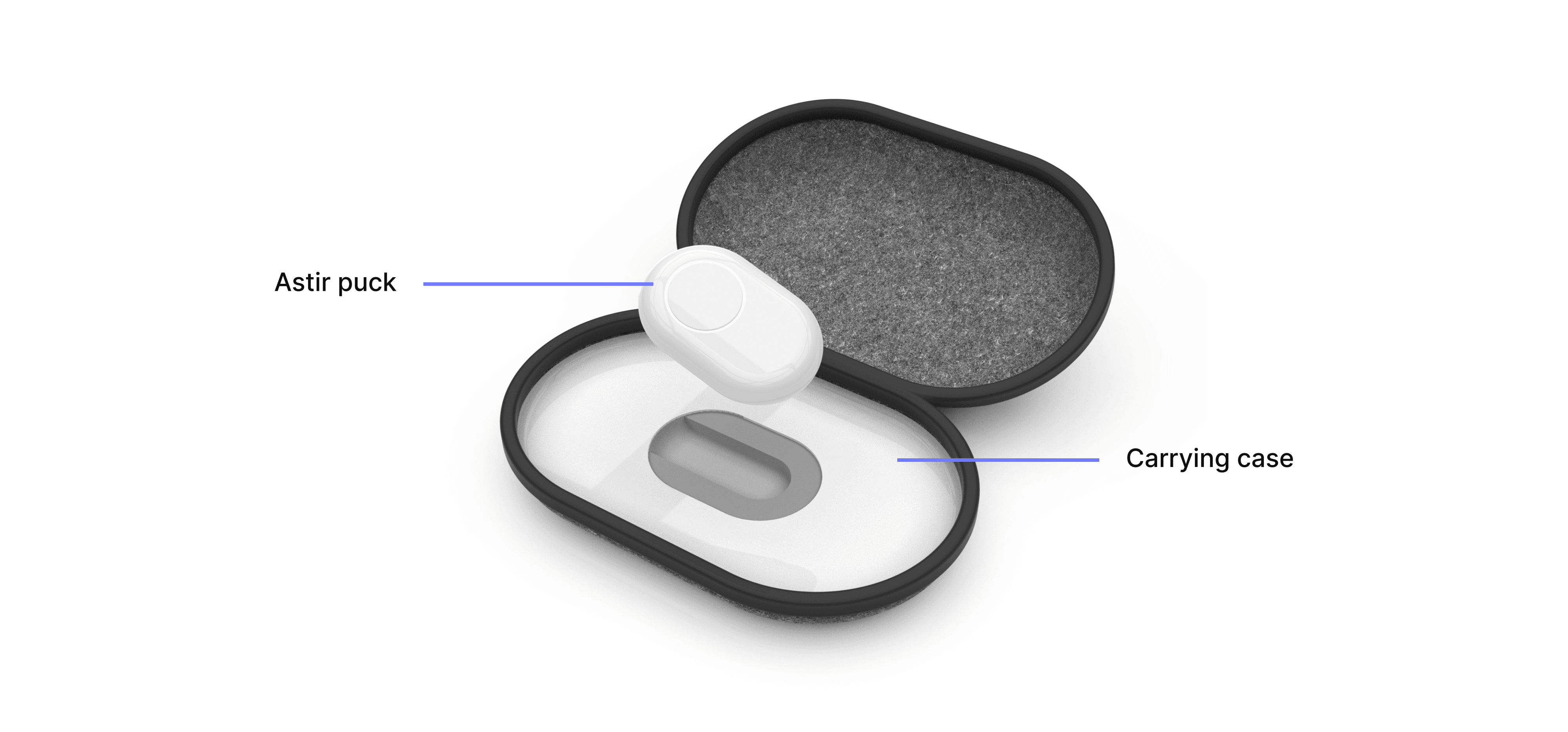
Users will attach a one-time-use gel pad to their treatment area on the skin and slide the puck inside the gel pad.
Highlights of our final app design
Astir consists of a wearable device and a mobile app.
Step by step guidance to recovery
Offers real-time guidance and support to motivate patients to adhere to their treatment plans while providing valuable insights to both patients and healthcare providers.
Finding comfort with a greater community
Astir recognizes that the journey toward recovery can be daunting, and encourages patients to find solace in shared experiences and support from others who are going through similar experiences, promoting a sense of comfort and companionship in their journey.
Regaining control
Empowers patients to make informed decisions and receive assistance in initiating their daily treatment at a time and in a manner that suits their needs.
This intelligent feature enables you to take control of your treatment schedule and ensures minimal interruption when they are occupied with essential activities.
Track and rate your journey
Astir offers patients to select their mood of the day and give suggestions to improve their feelings. It also gives a reminder of appointment with doctors if needed.
Patients can review their treatment journey on daily basis and review the spending time of treatment.
What I've learned
Overcoming Team Setbacks
Our journey wasn't without its hurdles. A notable challenge was a delay in packaging design, which had a cascading effect on our project timeline. We tackled this obstacle through open communication, inventive problem-solving, and a collective commitment to progress.
